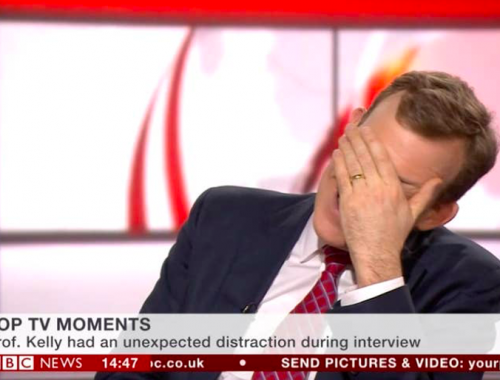“So how are you fitted for this role “
There is nothing worse than not being able to answer an interview question or not knowing what to say in response. The classic “How are you fitted for the role?” or “What can you bring to the team?”. These questions catch me out every time, and can often strike fear in even the most confident of candidates. Even when I think I’ve prepared accordingly for interviews, questions such as the above examples, leave me feeling on edge. I believe this is because they require a confident response which sells my skills and capabilities.
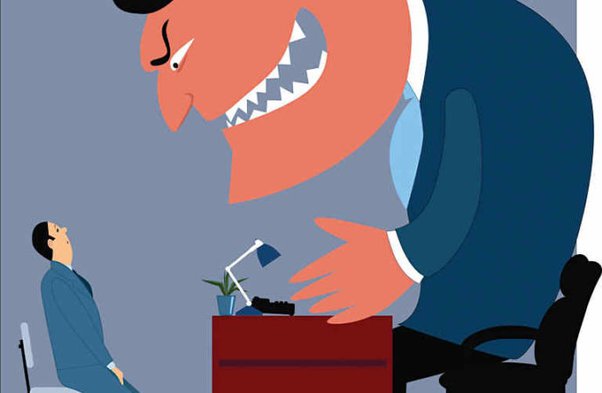
I feel I am not alone when it comes to being a little anxious about job interviews. A statistic states that “29 per cent of people said that interviews make them nervous. Interviews make more people nervous than doctor / dentist visits.”(JDP, 2020,). It’s a massive help that the work-based learning module provides me with a chance to practice interviews by undertaking a simulated interview process. This helps, as it gives me an insight into a professional interview strategy, and encourages me to be more passionate in selling myself and my skills. In this blog, I will be, outlining my experience using Gibbs’ reflective cycle, which will reflect on me going through the process of the job interview and the prework beforehand.
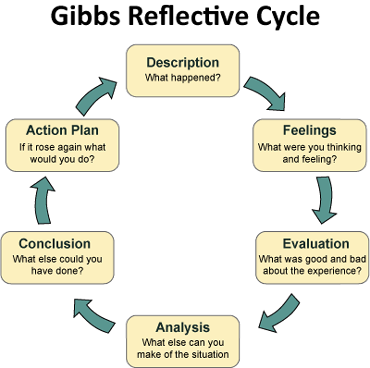
The job that I decided to choose for the simulated interviews was a digital Video Editor, on channel four, in Leeds. In the description, there were a variety of skills, expectations that were required from the potential candidate. To be successful in my interview, I needed to prove that I had the skills required to match their criteria. These skills have taken some time to learn, as I tend to let my anxiety show during these scenarios. This is apparent (in the interviews I’ve undertaken as I have been unsuccessful many times in the past. This is why the outtake by JDP above resonated with me.

Star Technique
As a result of then above, experience shows me that preparing for interviews beforehand can really help the process and help combat those pre interview nerves. With the help of the STAR technique, I have learnt to structure my answers logically and systematically. This allows me to show confidence when using this technique. Because of this, I would recommend the STAR technique.
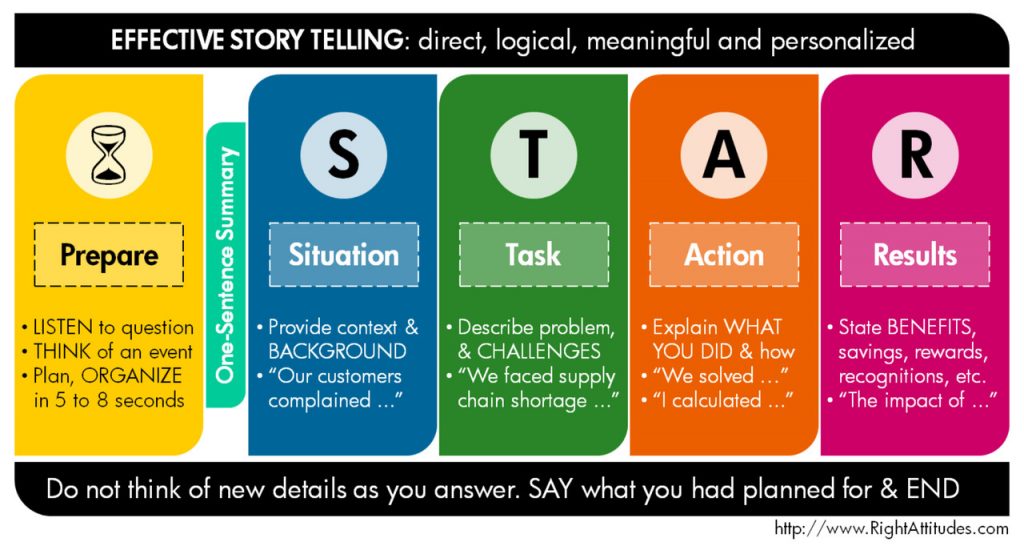
“The STAR method is a structured manner of responding to a behavioral-based interview question by discussing the specific situation, task, action, and result of the situation you are describing.”
The Interview
The day had come. I volunteered to be first as I wanted to get it over and done with. It didn’t help that this was taking place at 9 am – this didn’t give me just time to prep myself before the interview began! Despite this being in front of my peers, I was still nervous inside and was intrigued to see what they would ask me. It still felt very serious and as if I was in a legitimate interview scenario.

The questions asked of me were relevant to the job description. I tackled most of the questions with passion and believed I was showing my potential throughout. I felt that I talked very fast, so decided to take a moment to think about how I was delivering the answers to my interviewers. I corrected myself at times by taking a breath to make my point more controlled and clear. Although this issue has been a problem in the past, I feel that this stimulated me to try out different techniques each time until I felt both comfortable and confident. In return, this will reflect in my overall interview experience.
Feedback time
After the interview process, I got some feedback on how I could improve / what I did well during the process. I agree with the majority of the suggestions made in the feedback – my main criticism being that I talked too fast. I focused solely on getting out my experiences along with facts and figures. Instead, going forward I need to give equal attention to my presentation skills. By improving this it should help me be more natural and appealing with future interviews. I have learnt that my strengths going into the job interview were learning about what programmes they show on channel four and a bit about the company. If permitted the opportunity to return to the boardroom, I can take on board the constructive criticism to ensure I am answering each question more directly. It was very beneficial for me going into this interview for the type of job I’m realistically trying to apply for after I finish Queens University Belfast.

Me being the Interviewer
Being the interviewer for the other three interviews also helped a lot as I was interested to see if this would change my perspective of the interview process. Before the interview I received job roles my interviewees were applying for, such as to the BBC and ITV. I wanted to ask them questions that were relevant to the description; to see how they would answer and see if I could get any tips from them when they answered the questions I came up with the questions to ask my peers and it helped when they gave in depth answers to the questions.

Between me and my peers, I felt that we had a realistic set of questions between us and had tested each other by being fair with one another. Throughout the interviews everyone had different responses, which was really constructive as I could relate it back to my own experience, and take even more advise on board for the future.
The simulated interview process has been extremely beneficial, as it allows me to obtain a new outlook on what I need to improve / do differently in future interviews. I’ve never felt what it’s like being an interviewer and it’s really allowed me to see that they are looking for in an ideal candidate.
Bibliography
- Gibbs, G. (1988). Learning by Doing: A Guide to Teaching and Learning Methods. Oxford: Oxford Further Education Unit
- Sandeep Babu, 93% of People You Interview for a Job Feel Anxious (2020) <https://smallbiztrends.com/2020/05/job-interview-anxiety-survey.html> [accessed May 11, 2020].
You May Also Like

Simulated Interviews: A Pointless Exercise?
14 February 2022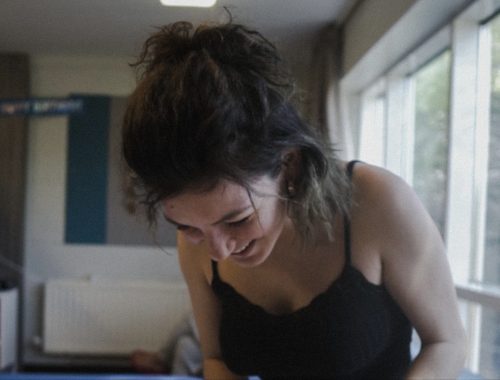
Surprisingly Worthwhile
18 February 2022